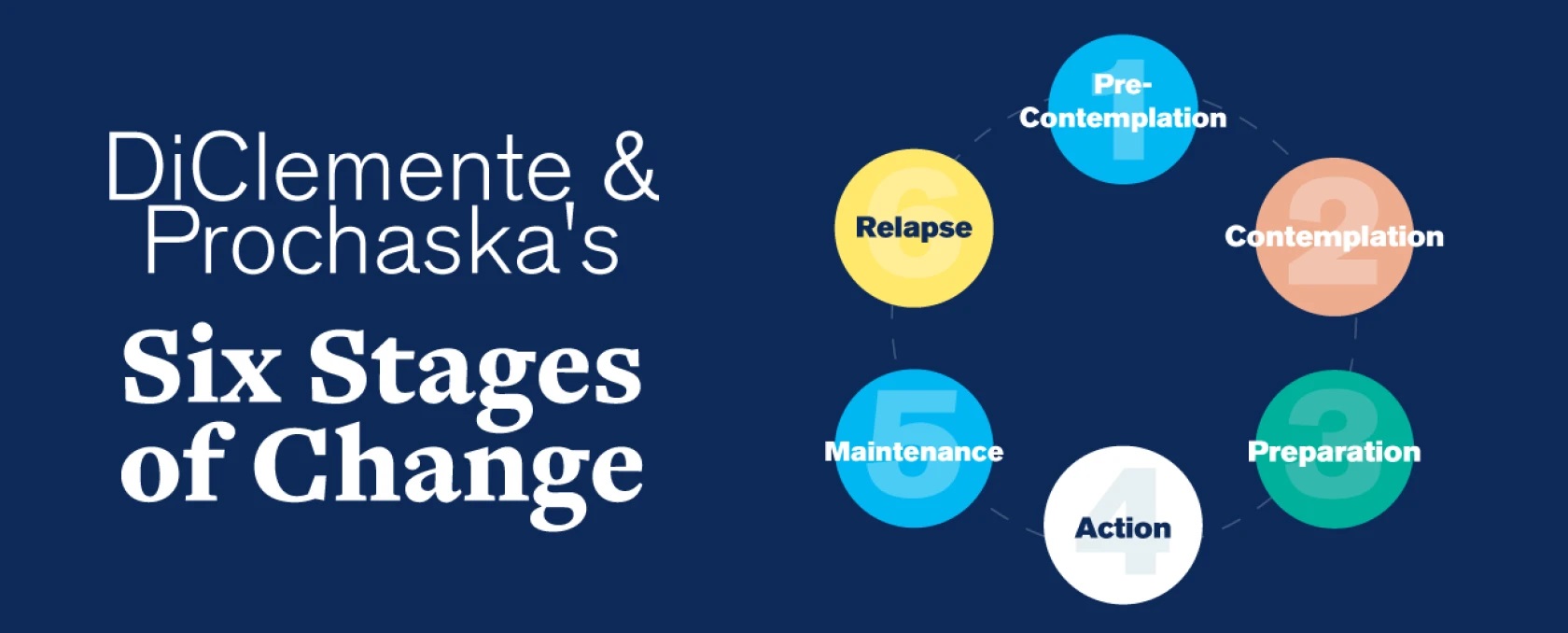The Four Elements | CBT4T Support
The 4 CBT4T ELEMENTS are based on the Stages of Change

What are CBT4T's Four Elements
Pre-Contemplation - Not interested or not considering change
BEFORE ENROLMENT ON CBT4T
Contemplation - Thinking about change:
Identify that we want to change
Explore available information
Clarify what can help us change
Commit to the decision we have made, for example, enrol on CBT4T
AFTER ENROLMENT ON CBT4T
Preparation - Build strong foundations
CBT4T Element 1: Preparation
CBT4T Stages 1-3
Action - Making changes
CBT4T Element 2: Moving Forward
CBT4T Stages 4-6
Reinforcement - Embedding changes
CBT4T Element 3: Meaning & Beliefs
CBT4T Stage 7
Maintenance - Maintaining changes
CBT4T Element 4: Consolidation & Completion
CBT4T Stage 8
Relapse - Temporary Relapses occur intermittently throughout the Change Stages
Temporary relapse can occur on any day, any week, any time
Progress is not LINEAR - we all experience good days and not so good days
Learn to recognise them for what they are, and
Know what to do when they happen
***************
Support Provided during the CBT4T programme
Impact Statements (Past, Present, Future) - assessing trauma indicators, as where present, they are likely to have a bearing on the person's current level of nervous system dysregulation
Calculating initial assessments for an on-boarding report, and compiling each person's comparison reports (TFI, THI, GAD-7, PSS, ASQ, HSQ, HAQ) with reflective feedback at Stages 4 (the first appointment is sent with the Stage 4 report), 6 and 8
Daily Relaxation Logs
Progress Checks when a Stage is completed and a new one begun
The weekly SITREPs that arrive throughout the day each Friday
Two Arrows practicals*
Costs & Benefits Transactions*
Cognitive Distortions Practicals*
Reaction Analysis*
Meaning Adjusters*
Core Belief work in Stage 7**
PLUS!!! CBT4T Substack
*Relates to Cognition tools developed for CBT4T by Debbie Featherstone (Intellectual Property of Debbie Featherstone)
** Relates to Core Belief work authored by Christine Padesky, Mind over Mood
SITREPs and Appointments with Debbie Featherstone
Weekly SITREP
The weekly SITREP was introduced in to CBT4T in August 2023. It has been become a significant benefit to CBT4T participants. In response to the question:
Q: The weekly SITREP was introduced in August 2023. Have you found it useful to report in weekly and if so, why?, feedback has included:
"It is useful to report in on a weekly basis and it keeps me in touch with the process and keeps my focus as life is busy and can get in the way!" - Ingrid, UK
"Yes, absolutely. Were it not for the SITREP, I think I would have lost focus and engagement, possibly even gone for months at a time without doing any work on the course. Ever since Week 1, I have submitted a weekly SITREP and this has nudged me into reviewing course materials and doing exercises. I think the SITREP is a vital part of the course - without it, I don't think I would have felt as supported as I did. It also represented a record of my progress." - Nathaniel, UK
It is important that you use the CBT4T process consistently and AT YOUR OWN PACE. Any process must fit the individual. Processes will always fail when there is an expectation for individuals to fit a process. Were you to be attending appointments at a clinic, you would go through the process at a pace that suits your needs.
The weekly SITREP is an email that you send in each week. Details about the SITREP, when and how to use it are on the CBT for Tinnitus E-Programme website. Click the button for details:
Your 1-1 using Zoom
1-1 appointments are carried out using Zoom.
The optimum time for your first 1-1 with me is on completion of Stage 4, when two of the clinical measures you completed at Stage 1 are repeated: Tinnitus Functional Index (TFI) and Anxiety/stress Symptoms (ASQ). When I receive these from you, I email you your results and include the reserved date for your first appointment - normally it is for the following week. Please use the Booking Form for your preferred day and time of day.
I have worked remotely since 2012, so even if meeting up on a screen is new to you, it isn't to me.
You do need a good internet connection, which most of us have nowadays, and you can use a computer with camera, microphone and audio, a tablet or a smart phone.
Most one-to-ones are around 60-90 minutes (average 1 hour 20 minutes). We will have been in touch by email and via your SITREPs, logs and Progress Checks so I'll have a good idea about your needs by then, plus you will have completed a Mini-history.
There's more about appointments on the next page
1-1 appointments
If you added either ONE or TWO appointments when you enrolled, you need do nothing more.
95% of users don't need any more than TWO 1-1 appointments, and 80% only use ONE appointment.
A normal consultation is 60-90 minutes with a fee of £175, so make full use of the CBT4T rate:
Add 1 60-90 minute appointment - £95.00
Add 2 60-90 minute appointments - £150